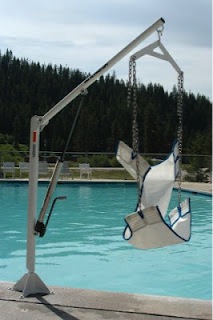By SwedelsonGottlieb Community Association Attorneys
We are often asked by California community association board members and managers as to the records members have the right to inspect and copy. One record request that can prove problematic is when a member requests a list of an association’s members. Under Civil Code Section 1365.2(a)(1)(I), an association’s member can request a membership list for the association, including the association’s members’ names, property addresses at the association’s development and mailing addresses (if different than the property address), if (1) the member requesting the membership list states the purpose for the request, (2) that purpose is reasonably related to the member’s interests as a member of the association and (3) the association reasonably believes that the information on the membership list will be used for the purpose stated.
If the association reasonably believes that the membership list will be used for a purpose other than the member’s stated purpose, the association can deny the request. However, if the requesting member brings an action against the association for that denial, the burden will be on the association to prove that the member would have allowed use of the information for purposes unrelated to the member’s interest as a member of the association (which may be difficult to prove). We suggest that any board considering such a denial consult with association legal counsel before denying the request.
Continue reading





